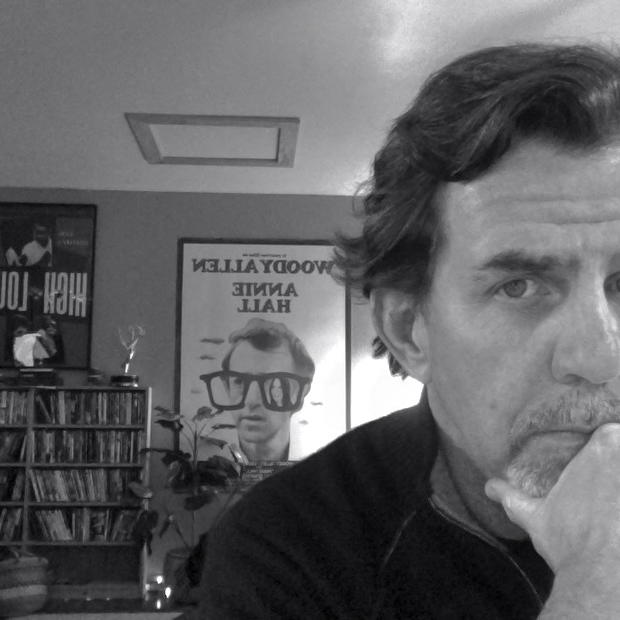There is no doubt the filmmakers behind the documentary Rich Hill intended their movie to be a sympathetic portrait of three young men living life in the margins. Andrew, Appachey and Harley are all teenagers from the titular Missouri town, a less-than-bucolic and all-too familiar zone of strip malls, vacant downtown streets, grinding poverty and vanishing opportunities.
Tracy Droz Tragos and Andrew Droz Palermo, the movie’s directors (and cousins), have their own family roots in the area, which made it easier to engage with their subjects and move about the town’s streets, backyards and homes. The result is a lovingly made and emotionally honest picture, pretty to look at and easy to like.
So why did the movie make me so uncomfortable? Why did I have the nagging feeling the filmmakers were exposing to the public the private miseries of people who perhaps didn’t understand their dysfunctions would be splashed across theater screens and streamed around the world? And I say that not because these people were ignorant, but because their burdens were simply too oppressive, too persistent, for them to give much thought to the artistic whims of a pair of documentary filmmakers.
The charge of exploitation is an easy one to lay on documentary directors. Their subjects rarely stand to benefit as much as the filmmakers do. But many professionals walk this line with care, and Tragos and Palermo are obviously sensitive to the issue.
They adopt an impressionistic approach to the three boys, capturing their daily lives and interactions among friends and family members with a drifting, sometimes dreamy camera. The visuals are textured with freight trains, fireworks, bake sales and other artifacts of rural Americana. The emotional palette of the movie is respectful, even tender. The characters may be inarticulate and not particularly interesting in any special way, but their musings on immediate needs and ordinary hopes are rendered as soulful, even important. This is all fine, on the surface, but it’s hard to ignore how screwed up these kids’ lives are.
Andrew, Appachey and Harley are each being smothered under a familial crush of poverty, crime, obesity, abuse and addiction. Their parents are either in prison or so lost in a swirl of their own abject emotional and physical problems they hardly seem capable of getting out of bed in the morning, let alone attending to the demands of their troubled kids.
Yet the filmmakers, in an effort to steer clear of moralizing, avoid grafting any sort of social “message” onto their film, any suggestion of how these boys could get help, or any larger picture of the endemic issues faced by the community as a whole. They are so determined not to pass judgment on these characters, not to invest their film with any irony (except for the obvious contradiction in the title) that they end up with a movie that, as observation, is over-mannered and, as character study, is undernourished.
What, exactly, are we supposed to take away from the movie? Rich Hill is cultivated to appeal to viewers who may never enter homes this littered and ramshackle, whose response to lives and conditions this desperate can only be pity. But the movie demands we not pity, or judge, or condemn. Consequently, I felt guilty for having all three of those responses.
The filmmakers' hearts are in the right place. Rich Hill reels in our sympathies by way of a studied restraint and a folk-lite guitar score, and by applying a poetic gloss on the devastation wrought by hardship and ignorance. But it seems to be making a case for the ennobling value of squalor.
(Note: Lest you think I’m criticizing this film from some perch of elite privilege, I grew up marginally poor in rural Pierce County, and I’ve watched extended family on my mother’s side struggle with lifelong health problems, sibling resentments, low self-esteem, unplanned pregnancies, crime, prison and, yes, even hoarding. Also, as documentary filmmakers, my wife and I have made dozens of short films for organizations working on the front lines of these chronic issues. Rarely do people agree to be interviewed unless they know the story they will tell will be used to help others or the organization that helped them.)
If you go: Rich Hill plays Aug. 15-17 at SIFF Film Center. Ticket information and details here.
This review previously appeared on the writer's blog, The Restless Critic.

